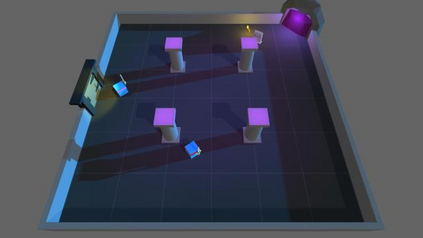Cooperation is fundamental in Multi-Agent Systems (MAS) and Multi-Agent Reinforcement Learning (MARL), often requiring agents to balance individual gains with collective rewards. In this regard, this paper aims to investigate strategies to invoke cooperation in game-theoretic scenarios, namely the Iterated Prisoner's Dilemma, where agents must optimize both individual and group outcomes. Existing cooperative strategies are analyzed for their effectiveness in promoting group-oriented behavior in repeated games. Modifications are proposed where encouraging group rewards will also result in a higher individual gain, addressing real-world dilemmas seen in distributed systems. The study extends to scenarios with exponentially growing agent populations ($N \longrightarrow +\infty$), where traditional computation and equilibrium determination are challenging. Leveraging mean-field game theory, equilibrium solutions and reward structures are established for infinitely large agent sets in repeated games. Finally, practical insights are offered through simulations using the Multi Agent-Posthumous Credit Assignment trainer, and the paper explores adapting simulation algorithms to create scenarios favoring cooperation for group rewards. These practical implementations bridge theoretical concepts with real-world applications.
翻译:暂无翻译










